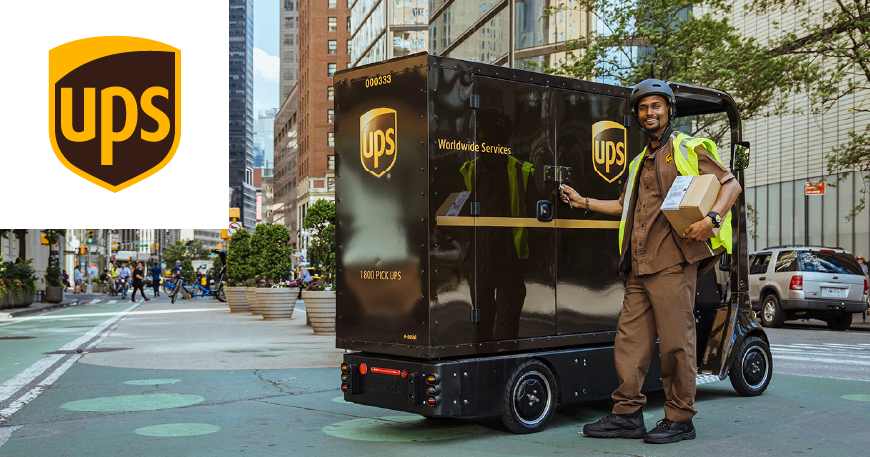Analytics platform
Data

In late 2019, our company Stork, where RSC serves as the technical co-founder, entered into a partnership with UPS in Paris, France. UPS, driven by the desire to expedite and environmentally enhance package delivery to the customer’s door despite the traffic jams in the big city, sought a solution that would also amplify customer feedback. RSC provided them an innovative solution using giggers utilizing bikes and pedestrian modes for urban package deliveries. Stork platform incorporates a fusion of cutting-edge technologies to elevate the efficiency and seamlessness of the delivery process. This innovative solution utilizes Google Maps API for optimal routes based on the traffic and location data, Scikit-Learn for demand prediction and resource allocation, and IONIC for a user-friendly mobile app used by giggers and customers.
What transformative outcomes did this platform yield for UPS?
Environmental Sustainability: The shift to bikes and foot transport reduced environmental impact, emitting less carbon dioxide and noise compared to traditional vehicles.
Last mile delivery platform to help UPS to increase their customer satisfaction and to be more sustainable using giggers with bikes and on foot.
Business Challenge
UPS faces the challenge of delivering more and more packages in the city, where traffic jams and incomplete recipient data make the delivery process slow and inefficient. UPS also wants to improve its customer satisfaction and sustainability by providing detailed feedback and reducing its carbon footprint.
Solution
RSC created a platform that uses giggers with bikes and on foot to deliver packages in the city. The platform uses Google Maps API to get real-time traffic and location data, Scikit-Learn to optimize the routes and forecast the demand, Angular to design the frontend interface and dashboard, NodeJS to manage the server-side communication and authentication, and IONIC to develop the mobile app for the giggers and the customers.
Expected Outcome
Toolset